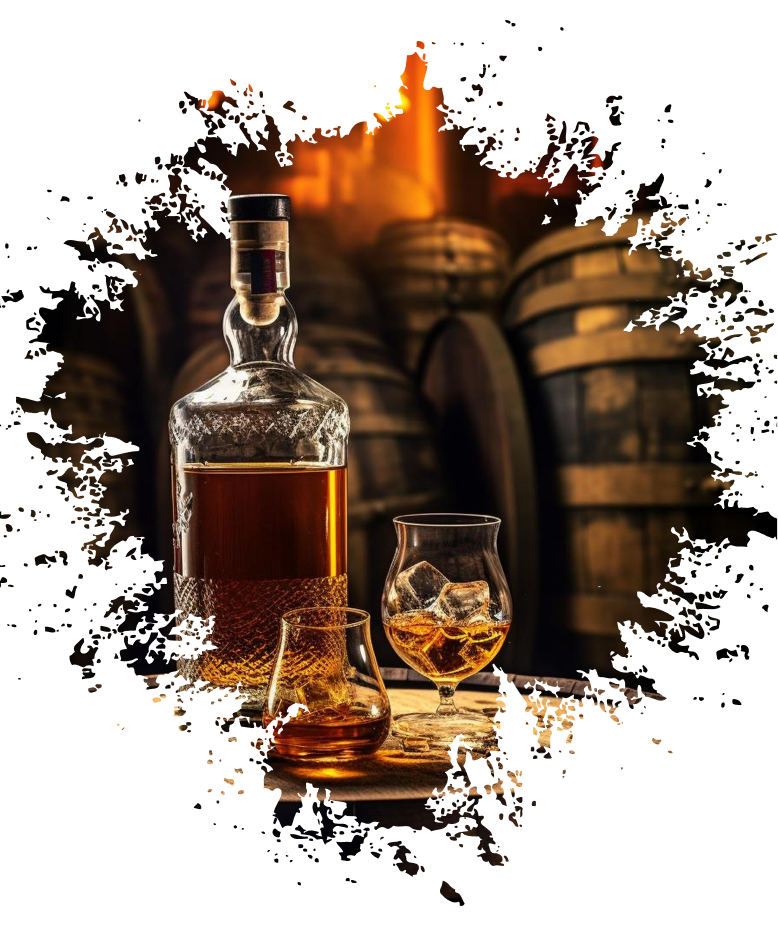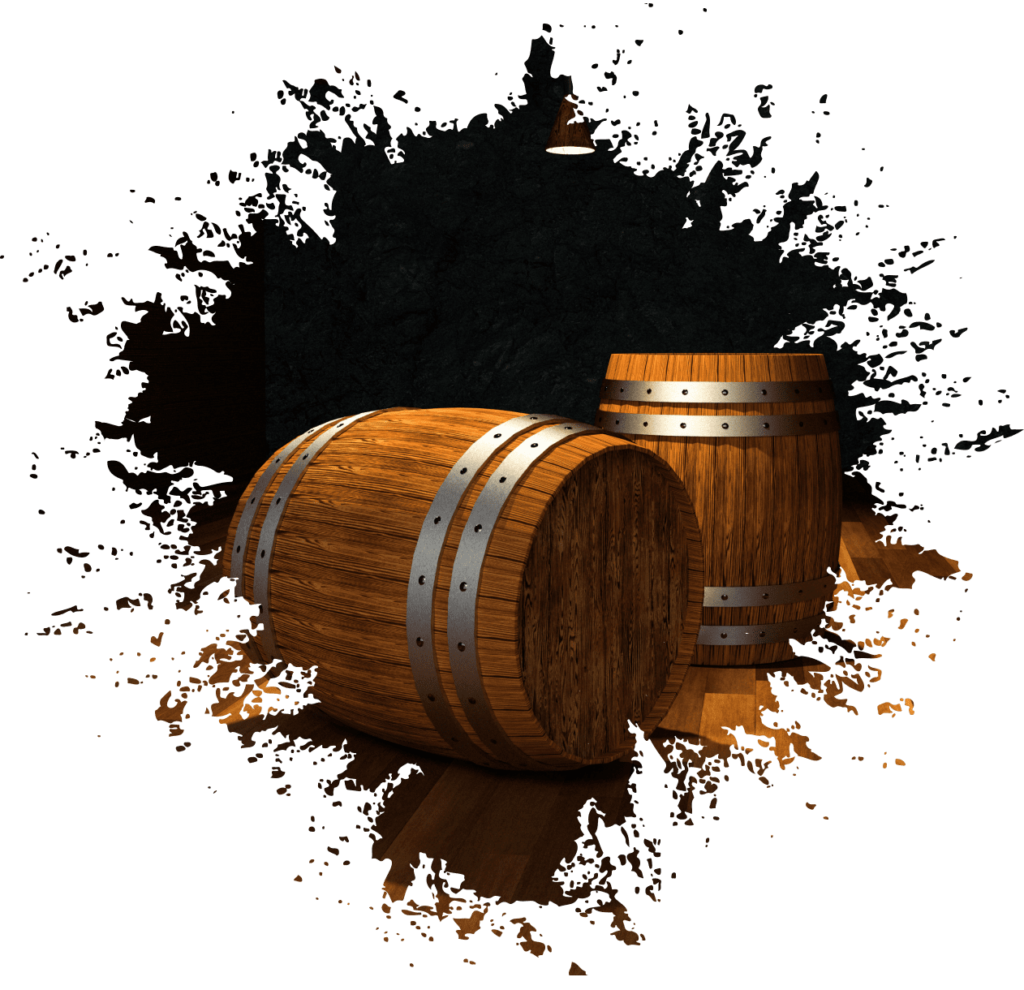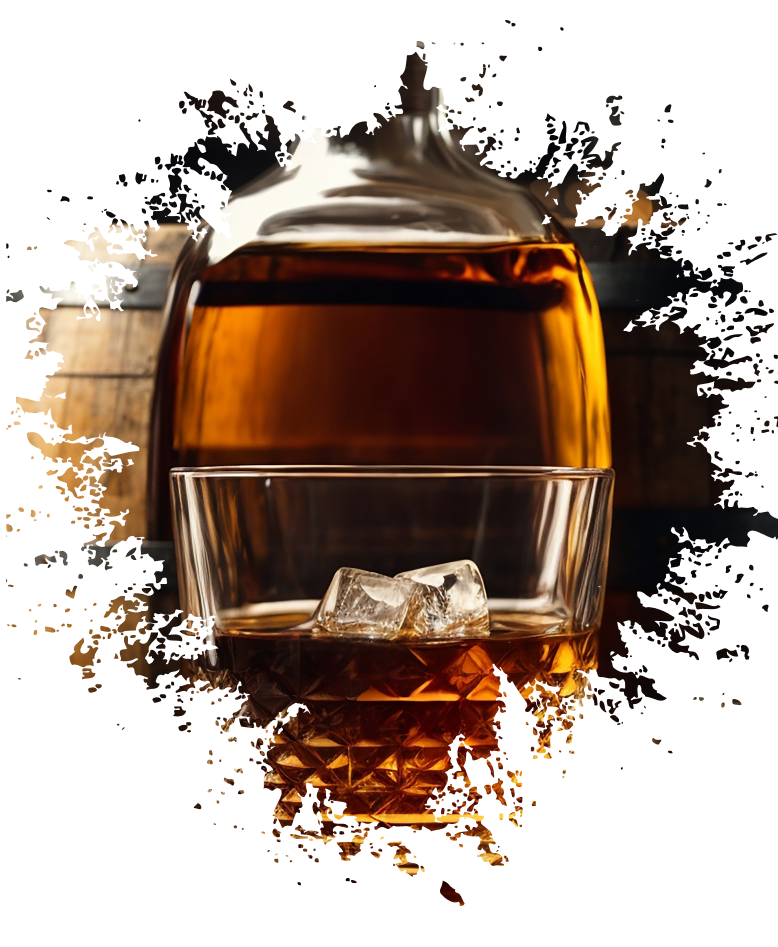Once the purchase of your cask(s) has been completed, you will have received an invoice, a paid receipt and a certificate of title or a Delivery Order (DO) to your own private account, if you have one. All these corresponding documents include the cask’s unique number and recent regauge or filling data (OLA/RLA, AYS, ABV, etc.). On becoming an owner you can visit your cask (warehouse dependant), draw samples and you will receive documentation and correspondence confirming the recommended ongoing care of your cask.










